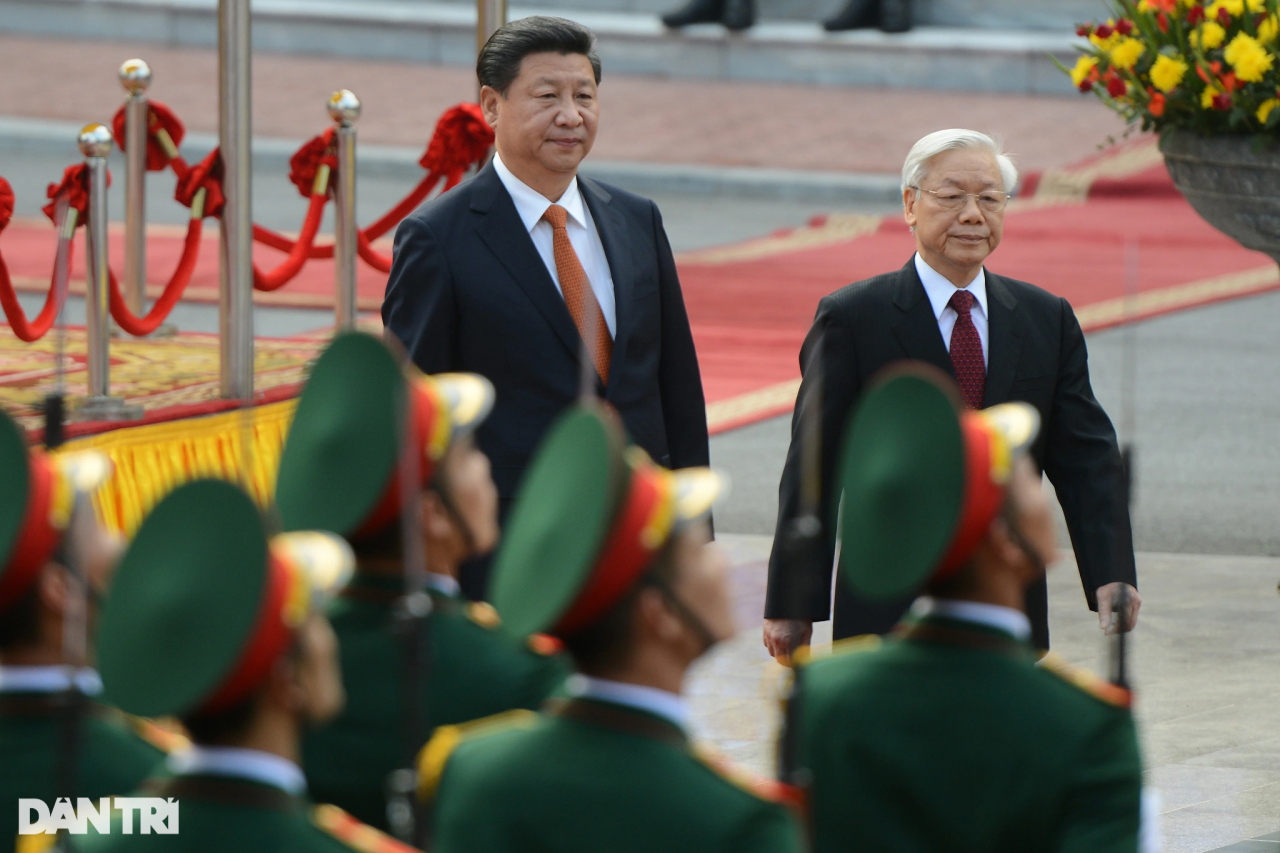
General Secretary Nguyen Phu Trong welcomed General Secretary and President of China Xi Jinping during his visit in 2015 (Photo: Tien Tuan).
Continuing the tradition of high-level contacts
General Secretary and President Xi Jinping visited Vietnam when the two countries reached an important milestone in the history of bilateral relations: the 15th anniversary of the establishment of the Vietnam-China comprehensive strategic cooperative partnership (2008-2023). According to Professor Wang, during this visit, the two sides are expected to mainly discuss new strategic orientations to strengthen Vietnam-China relations. "In the new international and geopolitical situation, enhancing the new strategic orientation in China-Vietnam relations is related to the medium- and long-term development of the two countries' relations," said Mr. Wang. Mr. Xi's visit is a continuation of the tradition of high-level visits and contacts in the nearly 75-year history of Vietnam-China relations. Those contacts have contributed to the overall upward trend of bilateral relations. "Vietnam and China are 'inseparable neighbors' with extensive economic, social and cultural relations. The societies and people of both countries benefit from the stable diplomatic relations between the two sides," Professor Tra Dao Huynh of the School of International Studies, Institute of South-South Cooperation, Peking University, told Dan Tri reporter. Professor Tra said that the regular visits between Vietnamese and Chinese leaders not only affirm the exchange between the societies and people of the two countries, but also provide policy assurance for the two countries to continue close interactions. Although there are still some disagreements between Vietnam and China, the two countries have affirmed that they will handle them properly on the basis of "understanding, mutual respect, and maintaining the situation of Vietnam-China relations", according to the 2022 joint statement. "In recent years, the Vietnamese and Chinese governments have found ways to get along with each other based on the motto of 'seeking common ground and preserving differences'", Professor Tra commented. "The cooperation for peace , stability and development of that region is a model for other countries to refer to."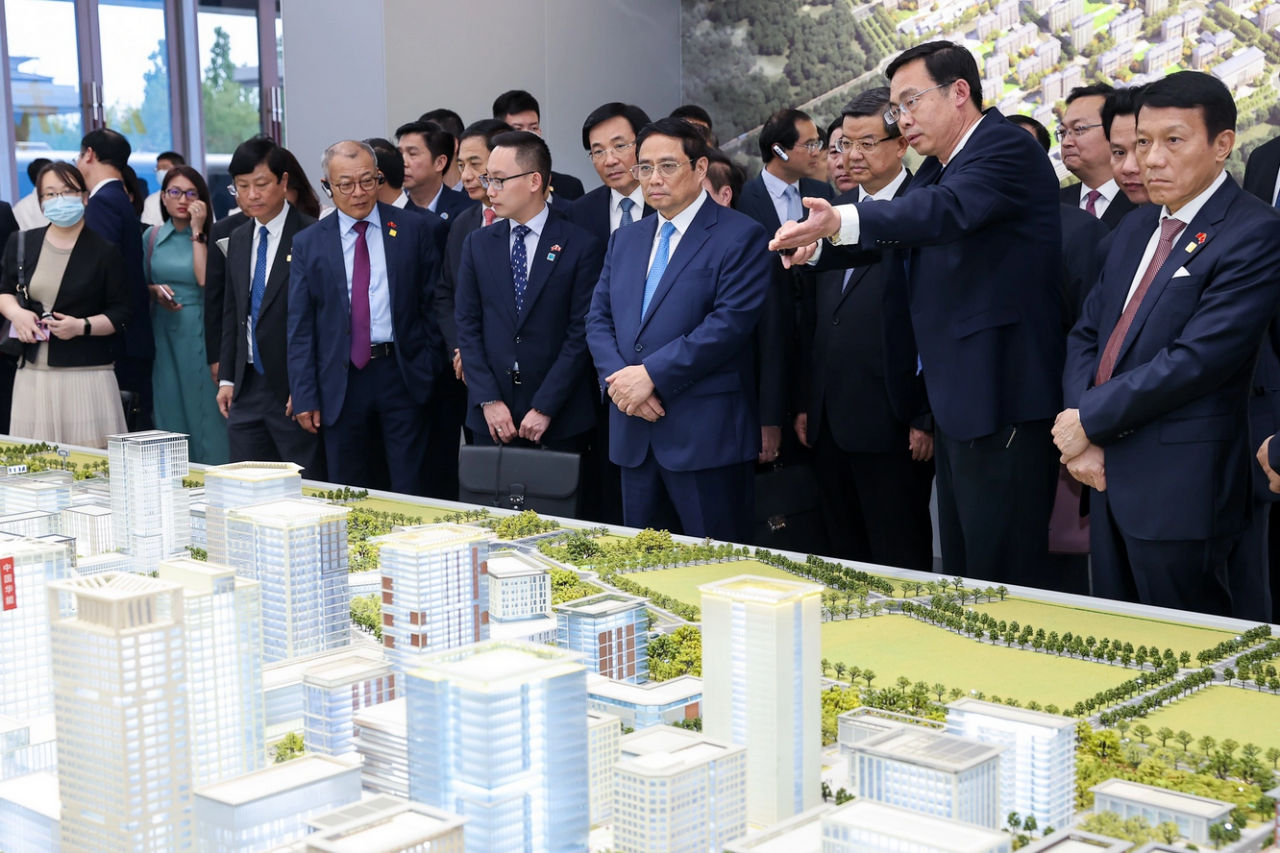
Prime Minister Pham Minh Chinh visited Xiong'an New Area in Hebei Province, China in June. Visits by high-ranking leaders of the two countries play an important role in Vietnam-China relations (Photo: Doan Bac).
Opportunities for enhanced economic cooperation
One of the figures showing the strong connection between Vietnam and China is the economic , trade and investment figures. China has been Vietnam's largest trading partner for many consecutive years, while Vietnam is China's largest partner in the ASEAN bloc, according to VNA . In the first 11 months of the year, Vietnam-China import-export turnover reached 155.58 billion USD, about 8 times the scale of more than 10 years ago, according to the Government Newspaper . Professor Vuong pointed out that the Chinese-Vietnamese economies are highly complementary and economic cooperation between the two countries has great potential. For example, Vietnam's processing and manufacturing industries, especially electronics, mobile phones, computers, textiles, machinery and equipment and other industries, have become hot investment spots for Chinese companies. "China has advantages in capital, technology and market, while Vietnam is a fast-growing emerging market with advantages in labor costs," said Mr. Vuong. In recent years, Vietnam has introduced a series of medium- and long-term national development strategies and policies, such as the National Master Plan for the 2021-2030 period, the National Digital Transformation Program, the National Green Growth Strategy, etc. "This has created a broad space for cooperation between China and Vietnam on many levels, in all aspects and in many fields," Professor Vuong commented.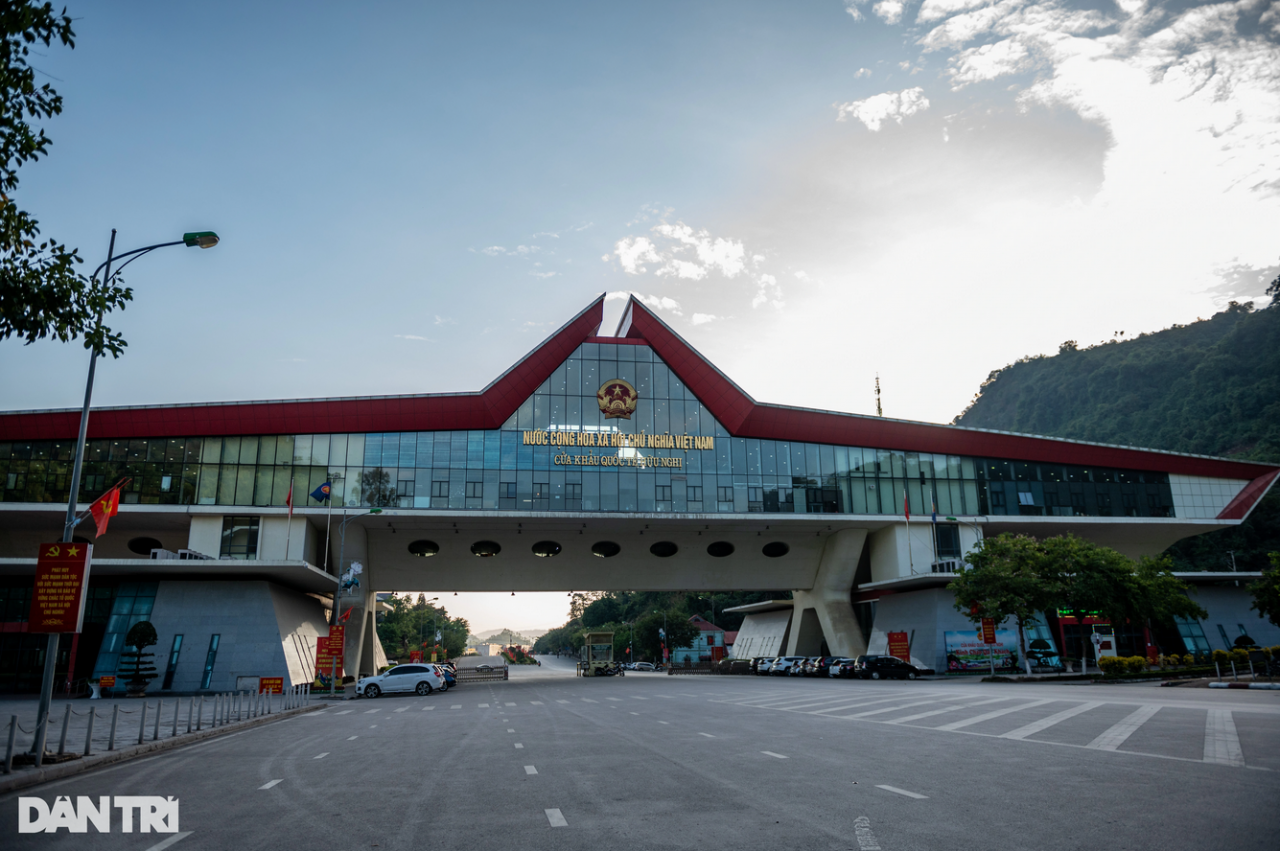
Huu Nghi International Border Gate is the connecting point of the Nanning - Hanoi expressway, an important bridge in developing economic relations between Vietnam and China (Photo: Hai Nam - Nguyen Nam).
Many large Chinese corporations have shown increasing interest in Vietnam, such as Xiaomi starting to produce smartphones in Thai Nguyen, or BYD Group wanting to produce electric vehicles, etc. Strengthening the connection of transport infrastructure between the two countries is also a topic that has been mentioned a lot in recent exchanges between officials and leaders of the two countries, especially railways. Professor Tra also believes that this is the right development orientation because the importance of geo-economic factors in international exchanges has become more prominent in the context of increasingly complex international politics. "Building links in the fields of transport (including cross-border railways), energy, processing industry... especially between the northern provinces of Vietnam and southern China, will bring direct benefits in the context of the competitiveness of these two regions in the global economy is still relatively limited," Professor Tra said. Currently, the railway systems of the two countries are not compatible, so cargo trains arriving at the border will need time to unload. Therefore, strengthening railway connectivity can boost Vietnam's exports to China, create a boost for tourism , and further integrate the two countries' manufacturing industries, within the framework of the two corridors "Kunming - Lao Cai - Hanoi - Hai Phong", "Nanning - Lang Son - Hanoi - Hai Phong" and "Beibu Gulf economic belt". In that context, experts believe that high-level contacts between the two countries' leaders in general and the upcoming visit of General Secretary and President Xi Jinping in particular will be a boost for future economic projects between Vietnam and China. "High-level visits between the Vietnamese and Chinese governments will create good opportunities for businesses and people of the two countries to be self-reliant and gradually join the international mid- and high-end industrial chain", Professor Tra assessed.

![[Photo] Many streets in Hanoi were flooded due to the effects of storm Bualoi](https://vphoto.vietnam.vn/thumb/1200x675/vietnam/resource/IMAGE/2025/9/29/18b658aa0fa2495c927ade4bbe0096df)


![[Photo] General Secretary To Lam attends the ceremony to celebrate the 80th anniversary of the post and telecommunications sector and the 66th anniversary of the science and technology sector.](https://vphoto.vietnam.vn/thumb/1200x675/vietnam/resource/IMAGE/2025/9/29/8e86b39b8fe44121a2b14a031f4cef46)
![[Photo] General Secretary To Lam receives US Ambassador to Vietnam Marc Knapper](https://vphoto.vietnam.vn/thumb/1200x675/vietnam/resource/IMAGE/2025/9/29/c8fd0761aa184da7814aee57d87c49b3)
![[Photo] National Assembly Chairman Tran Thanh Man chairs the 8th Conference of full-time National Assembly deputies](https://vphoto.vietnam.vn/thumb/1200x675/vietnam/resource/IMAGE/2025/9/29/2c21459bc38d44ffaacd679ab9a0477c)
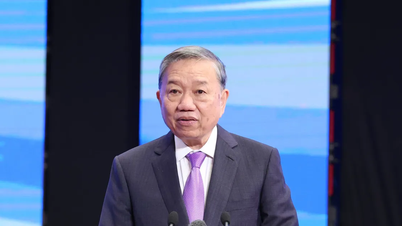

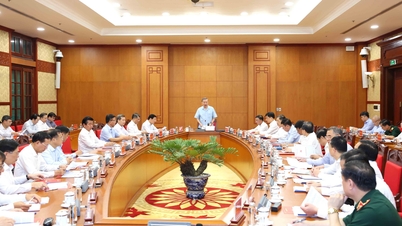

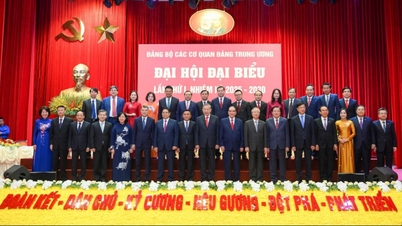





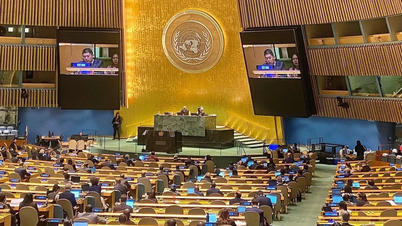







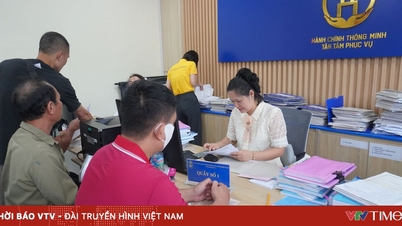



















































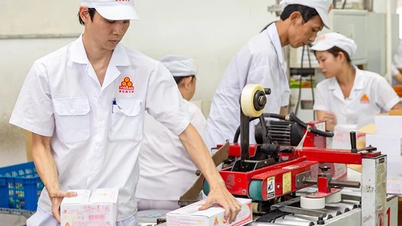



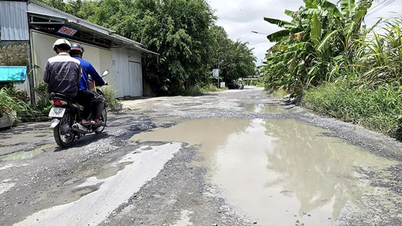














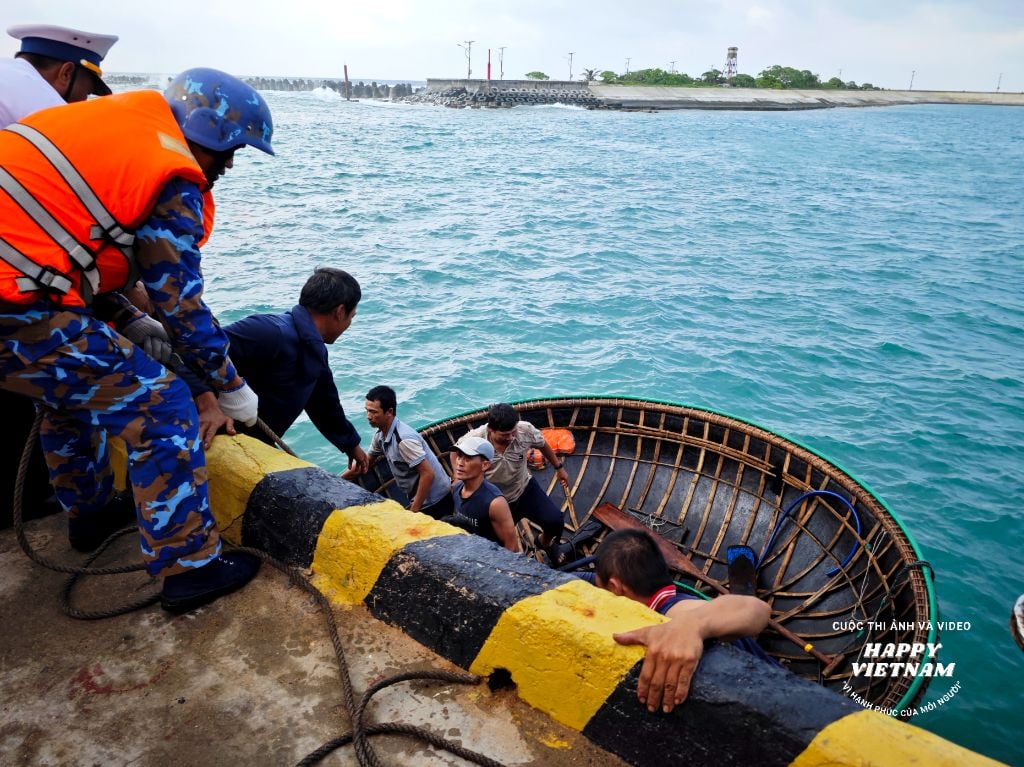

Comment (0)